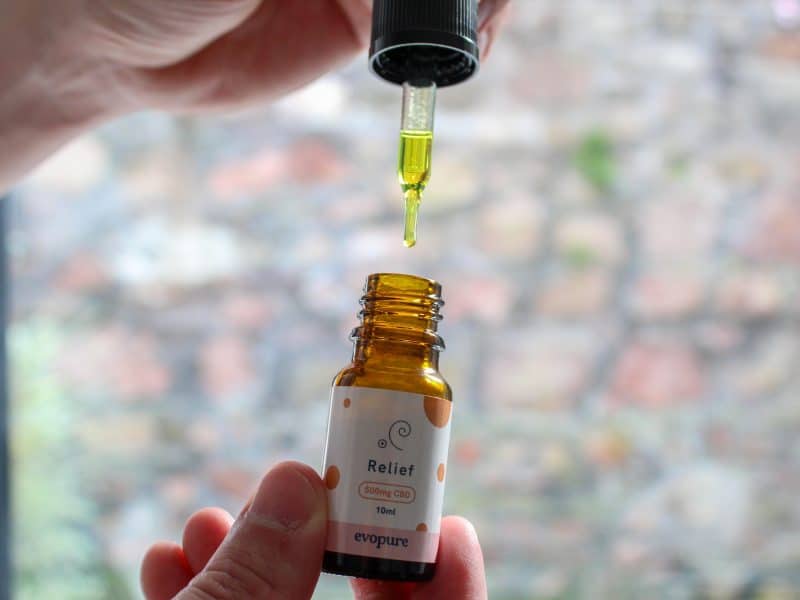Cannabidiol (CBD) is one of the main cannabinoids found in the hemp plant.
Unlike the well-known cannabinoid tetrahydrocannabinol (THC), CBD is not psychoactive, which means you won’t get high from its products.
Cannabinoids affect the endocannabinoid system, which works to keep the body in an even state or homeostasis. When the body gets out of control due to inflammation or disease, CBD can boost your endocannabinoid system to do its job as a regulator.
CBD has received a lot of attention recently, appearing in products such as oils, resins, flower buds and lotions. It is being revealed as a substance that can have a positive effect on conditions such as anxiety, arthritis, chronic pain and even heart or circulatory-related diseases.
Apparently, the anti-inflammatory and antioxidant properties of hemp’s CBD can reduce risk factors that lead to heart problems, such as high blood pressure, or acute myocardial infarction. It may also reduce the risk of related diseases, such as stroke.
CBD and cardiovascular problems Can it really help?
A 2018 report from the World Health Organization suggested that CBD can help treat symptoms related to conditions such as cancer, Parkinson’s, multiple sclerosis (MS), anxiety, depression, insomnia, and Alzheimer’s.
So, the question that immediately follows is: Can CBD help the heart?
Inflammation is part of the process that leads to many diseases, including coronary heart disease, high blood pressure, arrhythmia, epilepsy and stroke, and there is some evidence that CBD has anti-inflammatory properties.
Other studies have suggested in the US claim that CBD may have a protective effect on the heart: this has been shown in rats after a heart attack and in mice with some of the heart damage associated with diabetes.
But because these studies are often based on findings in a laboratory or in animals, not in humans, we cannot yet be sure that CBD will benefit the cardiovascular system.
There is ongoing research into the use of purer forms of CBD for a variety of autoimmune conditions and diseases, including heart and circulatory diseases and, in particular, diseases of the heart muscle, including myocarditis and some types of cardiomyopathy.

Some of this medicine work is still being done in animals, and much more research is needed before we can say definitively that CBD can help in this area.
What the studies say about CBD and heart problems.
There are a number of medications to treat heart problems, and they often have side effects or cannot be taken because of another ailment that is often accompanied by a heart problem. One of the benefits of CBD is that it has little to no side effects.
Research has shown that Cannabidiol CBD has anti-apoptotic (prevents cell death), anti-inflammatory and antioxidant effects that have been studied for their impact on the cardiovascular system.
Cannabinoid CBD has shown promising therapeutic results for patients with cardiovascular disease, as CBD reduces blood pressure and inflammation.
The American Society for Clinical Investigation published a study in 2017 that showed CBD could reduce systolic blood pressure, which is the peak blood pressure during muscle contraction, and also reduce systolic volume (volume of blood pumped per heartbeat).
This study concluded that CBD can be seriously considered to help prevent ischemic heart disease, coronary heart disease in which the heart does not receive enough blood, as well as a form or treatment for patients who have been diagnosed with this type of heart problem.
CBD has also been shown to induce vaso-relaxation or reduce tension in the blood vessel walls.
When the tension in the blood vessel walls is reduced, blood pressure drops. It is quite common for a person with heart disease to have high blood pressure.
High blood pressure that lasts for an extended period of time (days or weeks) without being lowered puts additional strain on the heart.
By helping to reduce the tension on the blood vessel walls and lowering blood pressure, this allows the heart to not have to work as hard. This can delay and even potentially prevent heart disease.
How to Use CBD the Right Way for Heart Disease
As with any other form of medication, dosages will vary from person to person, even when it comes to consuming CBD. The best thing to do, and what we always recommend, is to consult a medical professional before taking CBD, especially if you already have any type of heart disease and are taking medication.
CBD could affect your current medication and cause complications. Also, a professional can guide you in choosing the right CBD for you. Also, CBD should not be the only answer to your heart problems.
A healthy diet is essential to staying healthy, as is regular exercise and enjoying the days when stress and anxiety are not present.
If you have already consulted and know how CBD can help you with heart disease, enter the CBD Organics catalog and place your order. We have selected, natural products with the best properties of CBD that you can receive quickly and discreetly at your doorstep.
Order today, and receive your selected CBD products within 24 hours. And if you want to know more about the therapeutic value of Cannabidiol, you can visit our article here.
Come and visit Ecowatch to find out more information.


